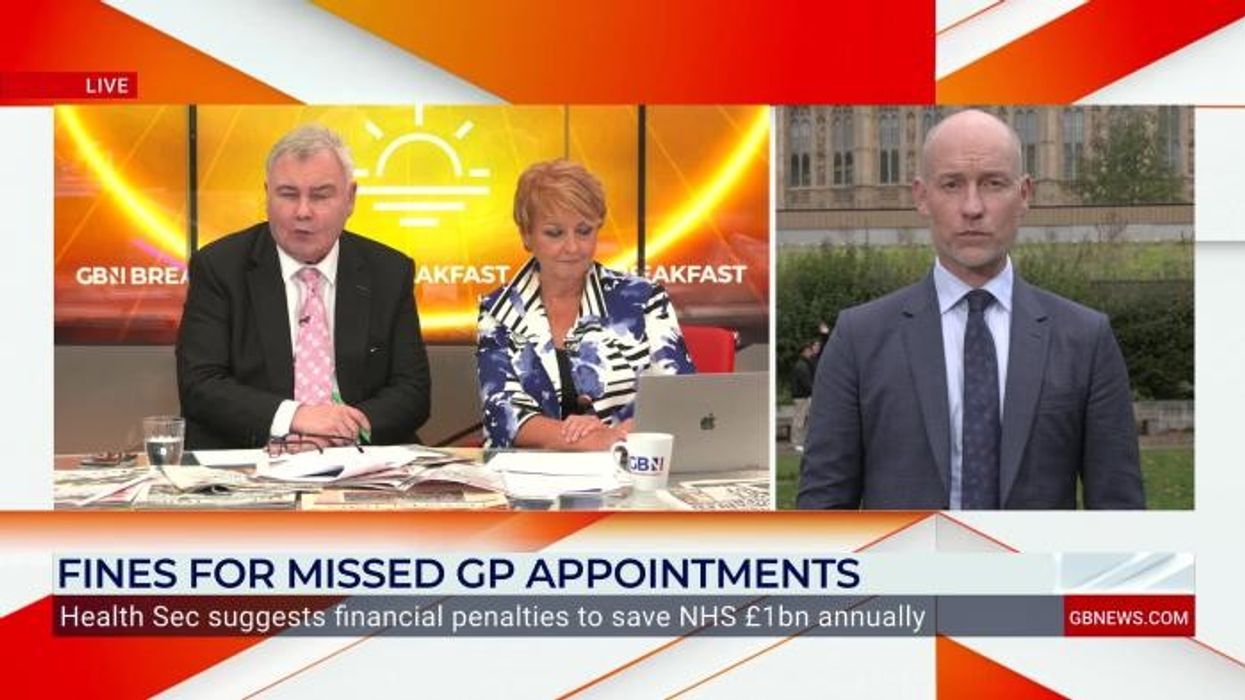UK close to eradicating 'fatal' meningitis-causing bacterial disease

There has been a 99 per cent reduction in cases since the NHS introduced routine vaccination in 1999
Don't Miss
Most Read
The UK is on the verge of eliminating meningitis C, with just three cases reported last year, according to new figures from the UK Health Security Agency (UKHSA).
This marks a remarkable 99 per cent reduction in cases since the NHS introduced routine vaccination in 1999.
The near-eradication represents one of the most successful vaccination programmes in recent British medical history.
However, health officials are now raising concerns about other strains of the potentially fatal bacterial disease.
The dramatic decline in meningitis C cases demonstrates "the power of vaccines," according to Dr Shamez Ladhani, a consultant epidemiologist at the UKHSA.
Despite the success against meningitis C, data shows a concerning picture for meningitis B, which accounted for 301 of the total 341 meningococcal disease cases last year.
Meningococcal bacteria can cause meningitis, a serious infection affecting the membranes that protect the brain and spinal cord.
The infection can be deadly and presents with several distinct symptoms, including headaches, vomiting and neck stiffness.
Patients may also experience fever and become sensitive to light.
The bacteria doesn't just cause meningitis - it can also lead to septicaemia (blood poisoning) and pneumonia.

UK close to eradicating 'fatal' meningitis-causing bacterial disease
|GETTY
These potentially fatal complications make early detection and prevention crucial, health officials stress.
While other strains of meningococcal disease, including groups A, W and Y, remain at very low levels, meningitis B continues to pose the greatest threat.
The NHS offers several vaccination programmes to protect against different strains of meningitis.
Babies receive the MenB vaccine at eight weeks, 16 weeks and one-year-old, while the Hib/MenC vaccine is given at one year.
Teenagers in Year 9 and Year 10 are offered the MenACWY vaccine.
LATEST DEVELOPMENTS:However, vaccination rates are showing a worrying decline. In England, 91 per cent of children received two doses of the MenB vaccine last year, down 0.5 per cent from the previous year.
The MenB booster coverage fell by 0.4 per cent to 87.6 per cent.
Teenage vaccination rates are particularly concerning, with only 68.6 per cent of Year 9 students and 73.4 per cent of Year 10 students receiving the MenACWY jab in the 2022/23 school year.
Health officials emphasise that teenagers remain eligible for the MenACWY vaccination until their 25th birthday.
Health experts emphasise the critical importance of vaccination in preventing these serious diseases.
"It is fantastic to see the positive impact that continued uptake of meningitis vaccinations has led to over the past decade," says Steve Russell, NHS national director for vaccinations and screening.
However, he warns that "too many children are still not fully vaccinated" and stresses that vaccines remain "our best defence against the highly dangerous disease."
Dr Shamez Ladhani particularly urges university-bound teenagers to get vaccinated, noting their "risk of severe disease, and sadly even death, from meningitis or septicaemia is much higher."
Dr Tom Nutt, chief executive of Meningitis Now, calls for "continued vigilance" against meningitis B, emphasising the need for "additional research to inform vaccine strategies and support for all families affected by the disease."











